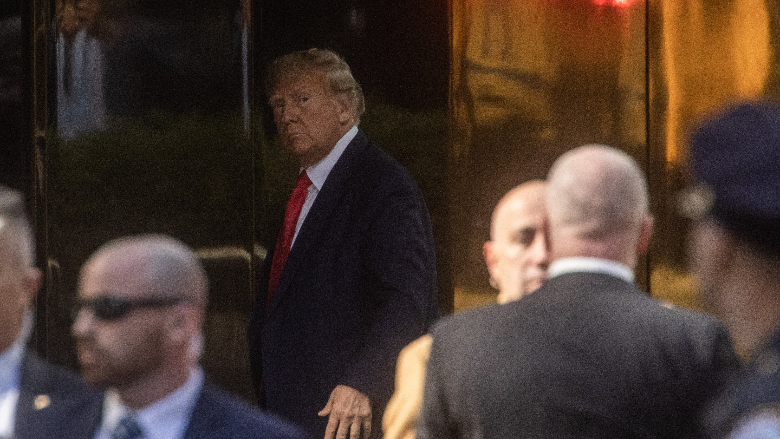In a shocking breach of trust, U.S. Army soldier Cameron John Wagenius, 20, has been arrested for allegedly selling confidential phone records of high-profile individuals, including President-elect Donald Trump and Vice President Kamala Harris. The arrest, tied to a wider cybercrime investigation, underscores growing concerns about cybersecurity vulnerabilities within the government and military.
Wagenius, stationed at Fort Cavazos, Texas, faces two charges of unlawfully transferring confidential phone records. Operating online under the alias “Kiberphant0m,” he is accused of hacking telecommunications giants like AT&T and Verizon, extracting sensitive data, and selling it on dark web forums.
The indictment, unsealed earlier this week, alleges that Wagenius was part of a sophisticated cybercriminal network. His activities reportedly included stealing data and extorting victims, with some claims involving call logs from Trump and Harris. Though the authenticity of these records remains unconfirmed, the breach highlights alarming lapses in cybersecurity at the highest levels of government.
Wagenius’s December 20 arrest near Fort Cavazos stunned his family and colleagues. His mother, Alicia Roen, described the allegations as completely unexpected. “I never knew my son was involved in hacking. It was a complete shock when I learned about this,” she said.
Roen’s comments followed revelations from cybersecurity journalist Brian Krebs, who reported on Wagenius’s alleged activities. She added that she only learned of her son’s potential involvement in cybercrime after reading Krebs’s exposé.
Wagenius’s alleged crimes are linked to a larger network of cybercriminals. Canadian national Connor Riley Moucka, known online as “Judische,” was arrested in October, while another accomplice, John Binns, is currently detained in Turkey. The group is suspected of targeting telecommunications companies and cloud service providers like Snowflake, stealing customer data, and engaging in extortion.
According to investigators, the network operated with a high level of sophistication, leveraging stolen data for profit while evading detection.
Allison Nixon, chief research officer at cybersecurity firm Unit 221B, played a pivotal role in unmasking “Kiberphant0m.” Nixon, who specializes in de-anonymizing cybercriminals, described Wagenius’s actions as reckless.
“Anonymously extorting the President and VP as a member of the military is a bad idea,” Nixon said. She praised law enforcement for their rapid response, noting that the case marked the fastest turnaround she had ever seen for a federal cybercrime investigation.
Nixon also had a stern message for other young people involved in cybercrime: “Stop doing stupid stuff and get a lawyer. Law enforcement wants to put all of you in prison for a long time.”
Wagenius’s case raises serious questions about cybersecurity within the military. How could a 20-year-old soldier gain access to such sensitive data? Were there gaps in oversight, or did he exploit vulnerabilities in the system?
These concerns come at a time when the government faces increasing threats from cybercriminals and foreign adversaries. The ability of a single individual to allegedly breach major telecommunications networks highlights the urgent need for stronger safeguards.
The alleged hacking of companies like AT&T and Verizon reveals vulnerabilities that could have far-reaching consequences. If critical data can be accessed and sold so easily, the potential risks to national security and individual privacy are staggering.
The telecommunications industry will likely face increased pressure to enhance its cybersecurity measures following this case.
The charges against Wagenius have been transferred to the U.S. District Court for the Western District of Washington in Seattle. If convicted, he could face significant prison time for his role in the alleged cybercrime operation.
Meanwhile, investigations continue into the broader network of hackers involved in the case. Authorities are working to uncover the full extent of the group’s activities and prevent further breaches.
The arrest of Cameron John Wagenius serves as a stark reminder of the critical importance of cybersecurity. It also highlights the risks posed by individuals in sensitive positions who may exploit their access for illegal activities.
Whether this case will lead to significant reforms in military cybersecurity policies or broader industry changes remains to be seen. However, the swift action taken by federal authorities signals their commitment to addressing cybercrime and protecting national security.

